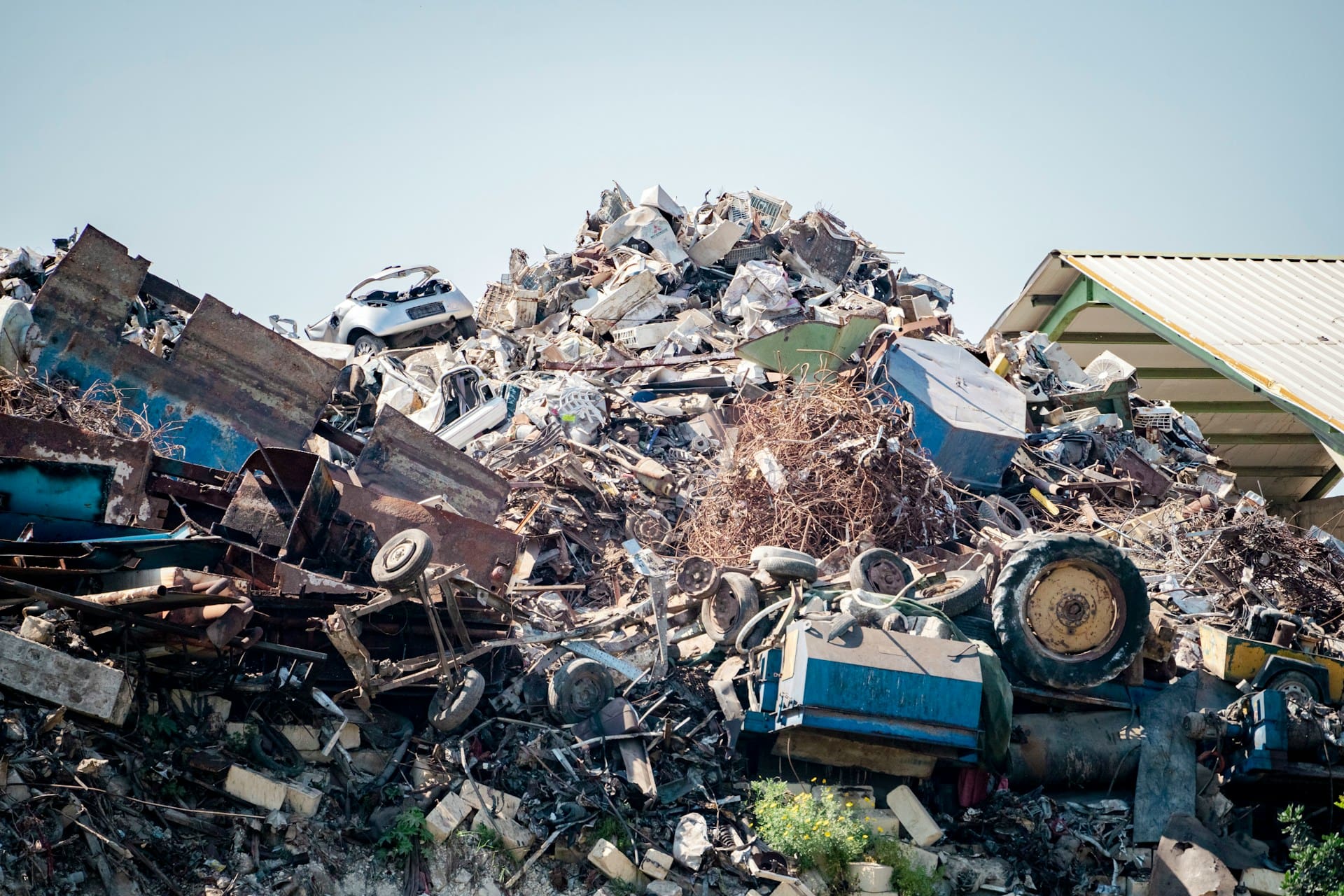A collaborative study conducted by Stanford Basic Income Lab and the Centre for Guaranteed Income Research has compiled data from over 30 pilot universal basic income (UBI) programs across the United States, involving nearly 8,300 participants. The findings shed light on how the unconditional cash payments were utilized by the recipients. The analysis reveals that approximately 36% of the UBI funds were channelled towards retail purchases and services. Another 32% was allocated for food and grocery expenses. Transportation accounted for 9% of the expenditures, while an equal proportion (9%) went towards housing and utility costs. Notably, 6% of the UBI funds were directed towards financial transactions such as saving and investing activities. Leisure pursuits like travel and entertainment consumed 4% of the funds, while healthcare and medical expenses accounted for 2% of the expenditures. Miscellaneous expenses constituted 1.5% of the UBI utilization, and a modest 0.6% was dedicated to education-related costs.
As automation and artificial intelligence threaten to disrupt various job sectors, the idea of providing all citizens with a universal basic income (UBI) has gained traction. At its core, UBI involves unconditional cash payments by the government to cover basic living expenses like food, housing and healthcare for everyone, while firms replace the labour force with artificial intelligence and robots. The firms then pay various taxes to the government, which the government uses to distribute the monthly payments to the public. While the concept sparks debate around its economic impacts, it may also intersect with environmental sustainability in powerful ways.
At first glance, ensuring everyone has a reliable income stream may seem disconnected from planetary health. Yet UBI could help address some underlying drivers of environmental degradation rooted in poverty and overconsumption. With a basic income assured, people may be less tethered to jobs that harm the environment out of pure economic necessity. With more time, people could look towards urban farming or installing solar panels in their homes. A laid-off coal worker could retrain for the renewable energy sector.
More broadly, UBI has the potential to ease societal pressures that fuel unsustainable human activity and reliance on extracting finite natural resources. When people can afford adequate food, shelter and education, there is less desperation that pushes deforestation, overfishing oceans, or burning cheap dirty fuels. Poverty alleviation allows a longer-term outlook beyond just fulfilling basic needs each day.
Furthermore, having an equal and limited income, people will be less likely to overconsume and might lean towards upcycling, reuse and recycling instead of purchasing new products. This would ultimately lead to less waste produced when compared to the norm of overconsumption in today’s ultra-capitalist markets.
This aligns with the philosophy of a circular economy, which aims to radically remake how goods are produced and consumed. Rather than depleting raw materials in a ‘take, make, waste’ linear model, the circular economy emphasizes ‘reuse, refurbishing, recycling and recovery’. It envisions an economy virtually free of waste, powered by renewable energy, where products are built to last through intelligent design.
A UBI could empower underprivileged populations to fully participate in this circular economy revolution as workers, entrepreneurs, and conscious consumers. Funded job retraining could provide skills like repairing electronics or reclaiming materials. A cushioned income may allow people to take entrepreneurial risks on circular businesses that refurbish appliances or upcycle scrap into new products. And with UBI, citizens could reallocate their consumption from disposable goods to durable, sustainable services. The inherent benefit of a universal basic income is that it allows people to do what they want to do, and not hold a job out of necessity. This could lead to a more creative, less stressed and sustainable society.
Of course, challenges and open questions remain. How would a UBI be funded – through taxation, redistribution of wealth, and sovereign funds? If not implemented thoughtfully, a UBI could drain resources from other social and environmental programs or exacerbate national debts. Its effectiveness hinges on accompanying policies like carbon pricing, incentives for sustainable investments, and education to nudge behavioural shifts.
And importantly, UBI alone would not solve all overconsumption challenges if people simply spend their basic income on more material goods produced through unsustainable industrial models. A cultural mindset evolution would likely still be required, but less so as the binding chains of capitalism will have a diminished seize on our consumption habits.
Critics are also sceptical about financing UBI or whether it could dampen motivation to work, though evidence from UBI trials has been mixed. There are also concerns about equitably rolling it out to avoid regional or national disparities.
Yet the promise of UBI helping advance environmental sustainability alongside other aims like reducing poverty and inequality is compelling enough that it deserves serious consideration as a policy for the 21st century. Perhaps when people’s basic needs are met, they can collectively focus on higher goals – like safeguarding the planet that we all rely upon for our very existence.
While UBI is not a panacea, it could provide a foundational level of economic security and freedom that enables more sustainable circular economic models to emerge. When people’s fundamental income is assured, will they choose to consume in endlessly wasteful ways? Or might they opt for more fulfilling livelihoods that create value for society and tread more lightly on the Earth? UBI has the potential to empower that choice in building a greener, circular world.




















